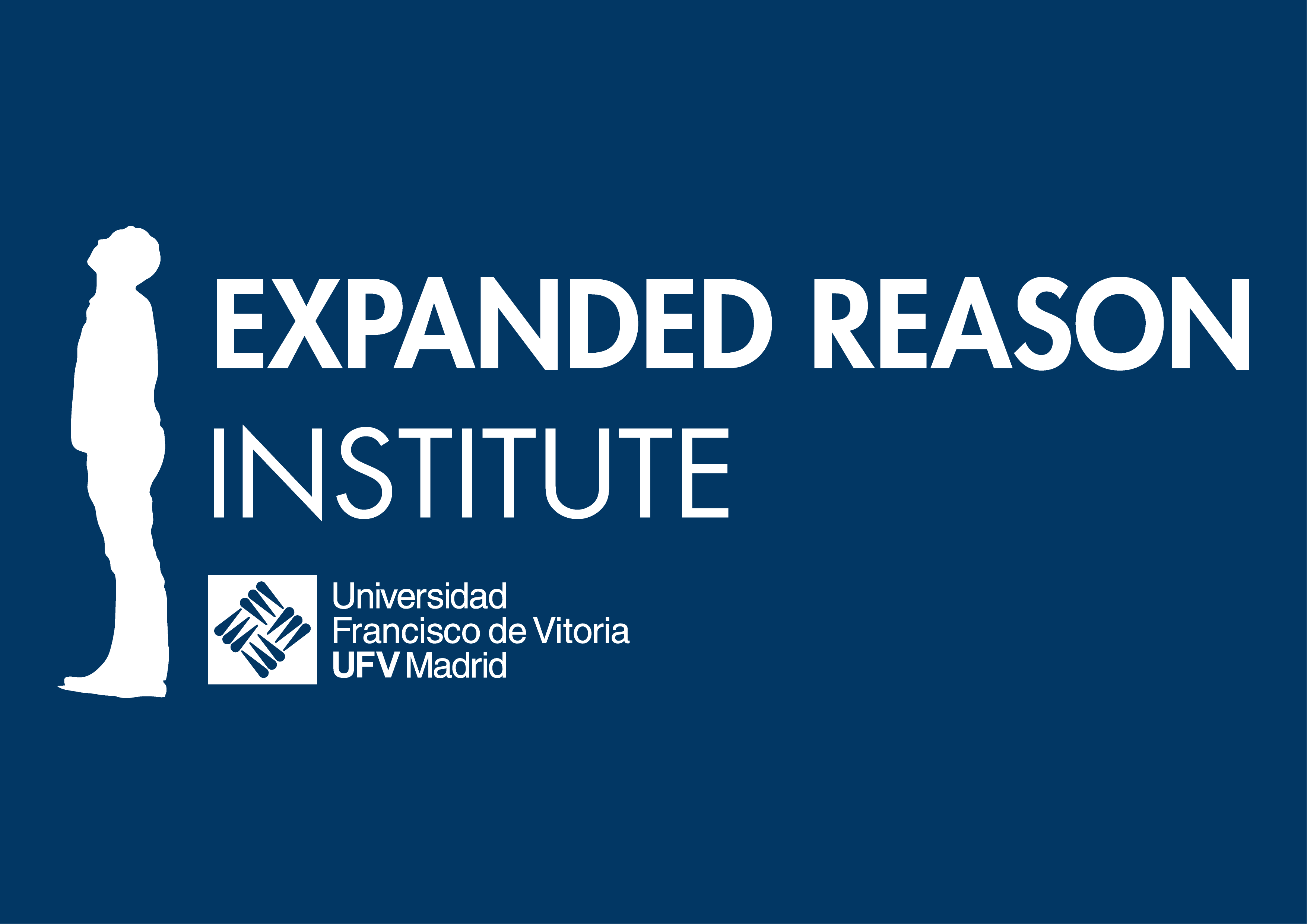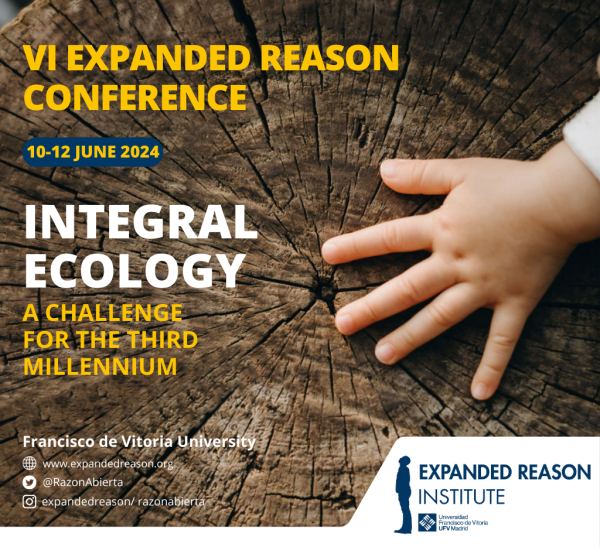Presentation of the Expanded Reason Conference 2024
Vision of integral ecology
The Expanded Reason Conferences are a privileged moment in which to stop and consider a particular topic of interest, not only from a multidisciplinary perspective, but also by exercising that specific mode of rationality to which Benedict XVI invited us. The ecological question is today one of those privileged topics in which there is a convergence of interest for dialogue between different sciences, technology, philosophy and theology. Pope Francis’ encyclical Laudato Si’ has undoubtedly helped to seek concrete ways of integrating ethical, political, scientific and religious concerns.
The characteristics that define every university institution-community of professors and students, search for Truth, service to society and the common good-have in the ecological question a privileged opportunity for integration. Pope Francis himself offered us in the Apostolic Constitution Veritatis Gaudium some hermeneutical criteria for this exercise. He recalls how Paul VI made it clear that there is no social question – the ecological question is one – that is not, in the first place, an anthropological question and therefore integral, that is to say, that it must “promote all men and the whole man”, and recalls the need for “thinkers of profound reflection who seek a new humanism, which will allow modern man to find himself”. (Veritatis Gaudium, n.3).
With this key – Pope Francis recalls – Benedict XVI promoted “a new stage of thought and explained the urgent need to live and orient the globalization of humanity in terms of relationship, communion and participation”. And – Pope Francis continues – “to realistically achieve this end, he invites us to ‘broaden reason’ to make it capable of knowing and orienting the new and imposing dynamics that torment the human family (…) and making ‘the different fields of human knowledge interactive’: theological, philosophical, social and scientific”.
With this conference, therefore, we are responding to the call of Pope Francis to be a Church “going forth” in a change of era marked by an anthropological crisis that has its socio-environmental drift, contributing our grain of sand to solve that other lack that he denounces in his encyclical Laudato Si’ when he says that “the problem is that we do not yet have the necessary culture to face this crisis and it is necessary to build leaderships that mark out paths” (Laudato Si’, n. 53; cf. n. 105). A leadership that marks a new path thanks to a multidisciplinary vision of the environment that allows us to better understand all the dimensions of its problems and the challenges posed by the care of our common home.
José Ángel Agejas
Conference Director



